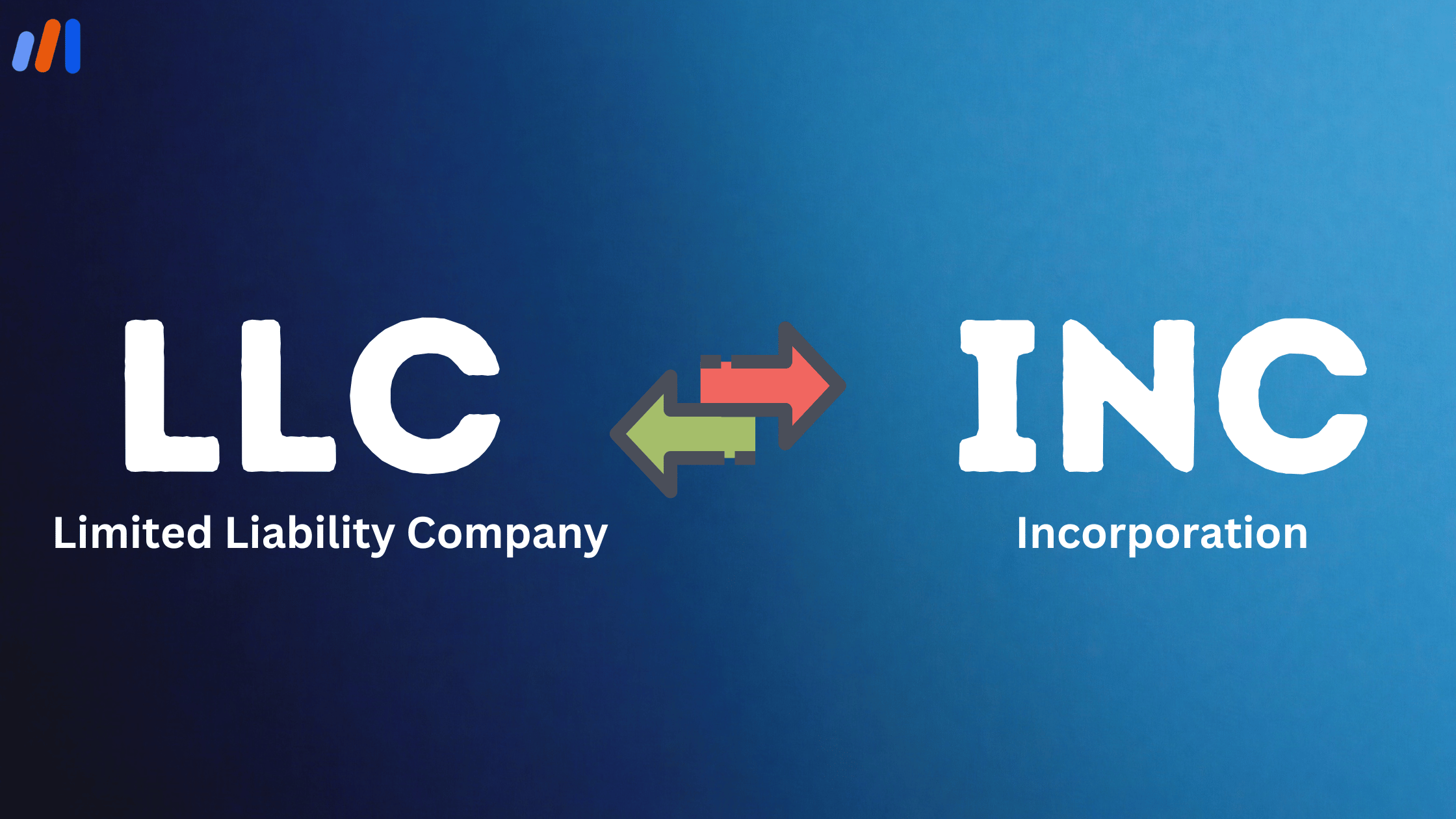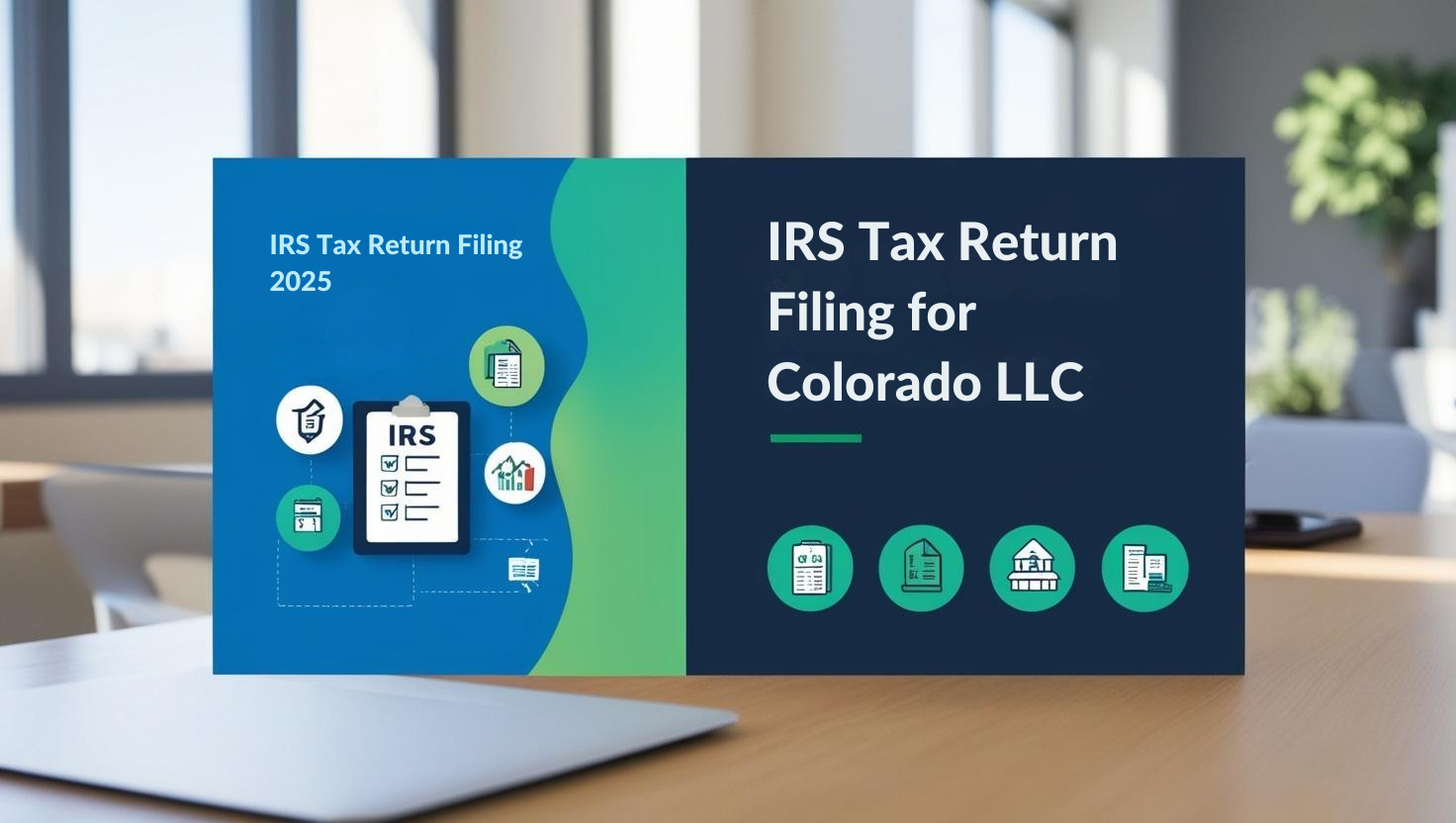Choosing the best bank for small business is one of the primary factors to consider when setting up or growing a new venture. In 2025, having a business bank account is not just an added value; it is a strategic instrument. Whether you’re a solopreneur, a startup founder, or a leader of an expanding team, having a trustworthy financial service provider impacts your profitability and financial well-being, and it will help your venture grow.
In this comprehensive guide, we explain what a business bank account is, list the best banks for small businesses this year, provide essential selection tips, and cover everything else you need to make an informed decision.
What is a Business Bank Account?
Business bank accounts are more sophisticated compared to personal accounts. They are designed specifically for managing business expenses and income. From a legal, accounting, and taxation standpoint, separating business and personal funds is crucial.
Opening a business account offers these key advantages:
- Financial Separation: Preserves brand equity and protects personal assets.
- Record Keeping: Simplifies accounting and ensures tax compliance.
- Business Credit: Helps build a financial identity crucial for future funding.
- Legal Protection: Maintains liability protection for LLCs and corporations.
According to the National Federation of Independent Business (NFIB), 82% of small business owners believe a dedicated business bank account improves financial tracking and reduces tax filing errors.
Best Bank for Small Business of 2025
In 2025, the best bank for small businesses is one that offers low fees, robust digital tools, and access to essential financial products. Based on customer feedback, expert analysis, and key features, here are the top banks for small businesses this year:
1. Chase Business Complete Banking
- Sign-on Bonus: $300 for qualifying deposits and activity
- Features: Unlimited electronic deposits, mobile banking, and access to over 16,000 ATMs
- Why It’s Great: Combines nationwide branch access with excellent digital tools
2. Bank of America Business Advantage Banking
- Monthly Fee: Waived with a minimum balance
- Tools: Cash Flow Monitor®, QuickBooks and Zelle® integrations
- Best For: Growing businesses needing solid budgeting tools
3. Bluevine Business Checking
- Interest Rate: 2.0% APY on balances up to $250,000
- Fees: No monthly or overdraft fees
- Highlight: Highest APY among small business banks
4. Novo
- Designed for: Freelancers, eCommerce businesses, and startups
- Perks: Free ACH transfers, invoicing tools, Stripe, PayPal, and Xero integration
- Unique Advantage: 100% online approvals without delays
5. Wells Fargo Initiate Business Checking
- Branch Access: 4,700+ locations across the U.S.
- Business Tools: Merchant services, credit development, business loans
- Why Consider It: Trusted institution with solid product offerings
Each of these banks brings distinct advantages, making them ideal for various business models, revenue stages, and financial needs. Whether you’re seeking high-yield interest, unlimited digital transactions, or robust customer support, there’s a fit for your business.
The Best Banks for Small Business Owners
Small business owners need banks that simplify operations, manage cash flow, process payroll, and provide small business loans. Here’s what to look for in a bank tailored for small business owners:
- Low/No Fees: Preferably waived with minimal requirements
- Mobile Features: Online platforms for bill pay, check deposits, and transfers
- Lending Options: Access to credit cards, SBA loans, and funding lines
- Accounting Integrations: Syncs with QuickBooks or Xero
- Reliable Support: Business-centric, responsive customer service
Comparison Table: Best Bank for Small Business in 2025
| Bank | Monthly Fee | APY | Lending Options | Mobile App Rating |
|---|---|---|---|---|
| Chase | $15 (waived) | None | SBA, Credit Lines | 4.8/5 |
| Bank of America | $16 (waived) | None | SBA, Term Loans | 4.7/5 |
| Bluevine | $0 | 2.0% | Business Loans | 4.6/5 |
| Novo | $0 | None | None | 4.5/5 |
| Wells Fargo | $10 | None | SBA, Equipment Loans | 4.4/5 |
Before deciding, think about how often you’ll need in-person service or to deposit cash — these factors help determine which is the best bank for small businesses for you.
What Type of Bank Is Best for Small Businesses?
The ideal bank varies depending on your business structure and long-term goals. Here are the types of banks available:
1. Traditional Banks
Examples: Chase, Wells Fargo, Bank of America
Services: Lending, payroll, merchant accounts
Best For: Established businesses preferring in-person service
2. Online Banks
Examples: Bluevine, Novo
Pros: Lower fees, higher APYs due to reduced overhead
Best For: Digital-first entrepreneurs and tech-savvy teams
3. Credit Unions
Benefits: Lower fees, higher customer satisfaction
Limitations: Limited digital tools and membership requirements
Best For: Local or community-focused businesses
4. Neobanks / Fintechs
Features: Fully online, AI-driven analytics
Drawbacks: May lack physical branches and traditional lending
Best For: Independent contractors, startups, and e-commerce businesses
Key Banking Terms for Small Business Owners
Understanding financial terms can help avoid surprises and maximize your banking benefits. Here are some must-know terms:
- ACH (Automated Clearing House): Electronic fund transfers
- Merchant Services: Tools for credit and debit card processing
- Wire Transfers: Secure, instant transfers for large or international payments
- NSF Fee: Charges for payments with insufficient funds
- APY (Annual Percentage Yield): Interest earned on deposits
These terms are crucial when evaluating banking services and comparing fee structures.
Pros and Cons of Separating Business and Personal Finances
Keeping business finances separate from personal accounts is more than a best practice — it’s a necessity. Here’s why:
Pros:
- Liability Protection: Essential for LLCs and corporations
- Accurate Tax Reporting: Reduces audit risk and maximizes deductions
- Professionalism: Instills trust among clients and vendors
- Audit-Readiness: Easier to review and manage financial records
Cons:
- Time investment in setup
- Some banks may charge a monthly fee
Still, the pros far outweigh the cons. A 2024 QuickBooks survey found that 69% of small business owners with separate accounts had faster tax filing and fewer accounting issues.
Can I Get a Business Bank Account With Bad Credit?
Yes. Having bad credit does not usually prevent you from opening a business account. Most banks prioritize your EIN and formation documents over your credit score.
Recommended Options:
- Fintech Banks (Novo, Bluevine): No credit checks
- Second-Chance Accounts: Offered by select credit unions and banks
- Business Prepaid Cards: Function like debit cards with no credit checks
Maintaining a healthy balance and using your account responsibly can eventually help rebuild your financial credibility.
Business Bank Account FAQs
Q1: How do I open a business bank account in 2025?
You’ll need your EIN, a government-issued ID, business license, and formation documents (e.g., Articles of Organization). Many banks offer fast online applications.
Q2: Can I open multiple business accounts?
Yes. Many businesses open separate accounts for payroll, taxes, and operational expenses to better manage budgets.
Q3: Should I open an account immediately after forming my LLC?
Absolutely. Doing so helps you maintain legal protections and simplifies bookkeeping from day one.
Q4: Which banks are best for e-commerce businesses?
Bluevine and Novo offer excellent digital tools, low fees, and seamless integrations for e-commerce companies.
Q5: Do banks require a minimum deposit?
It depends. Traditional banks like Chase or Wells Fargo may require $25–$100, while online banks like Novo and Bluevine do not.
Conclusion
Selecting the best bank for a small business is a significant decision that affects your financial operations, credit access, and long-term growth. The right bank isn’t just where you store funds—it’s your financial partner.
From trusted giants like Chase and Bank of America to digital disruptors like Bluevine and Novo, today’s small business banking options offer flexibility, innovation, and value. Evaluate your needs, business model, and long-term plans to find your perfect match.
File Your LLC Today
25$ off with a coupon
Lock in EasyFiling's transparent rates and get lifetime compliance support at no extra cost.
Get Started Now








